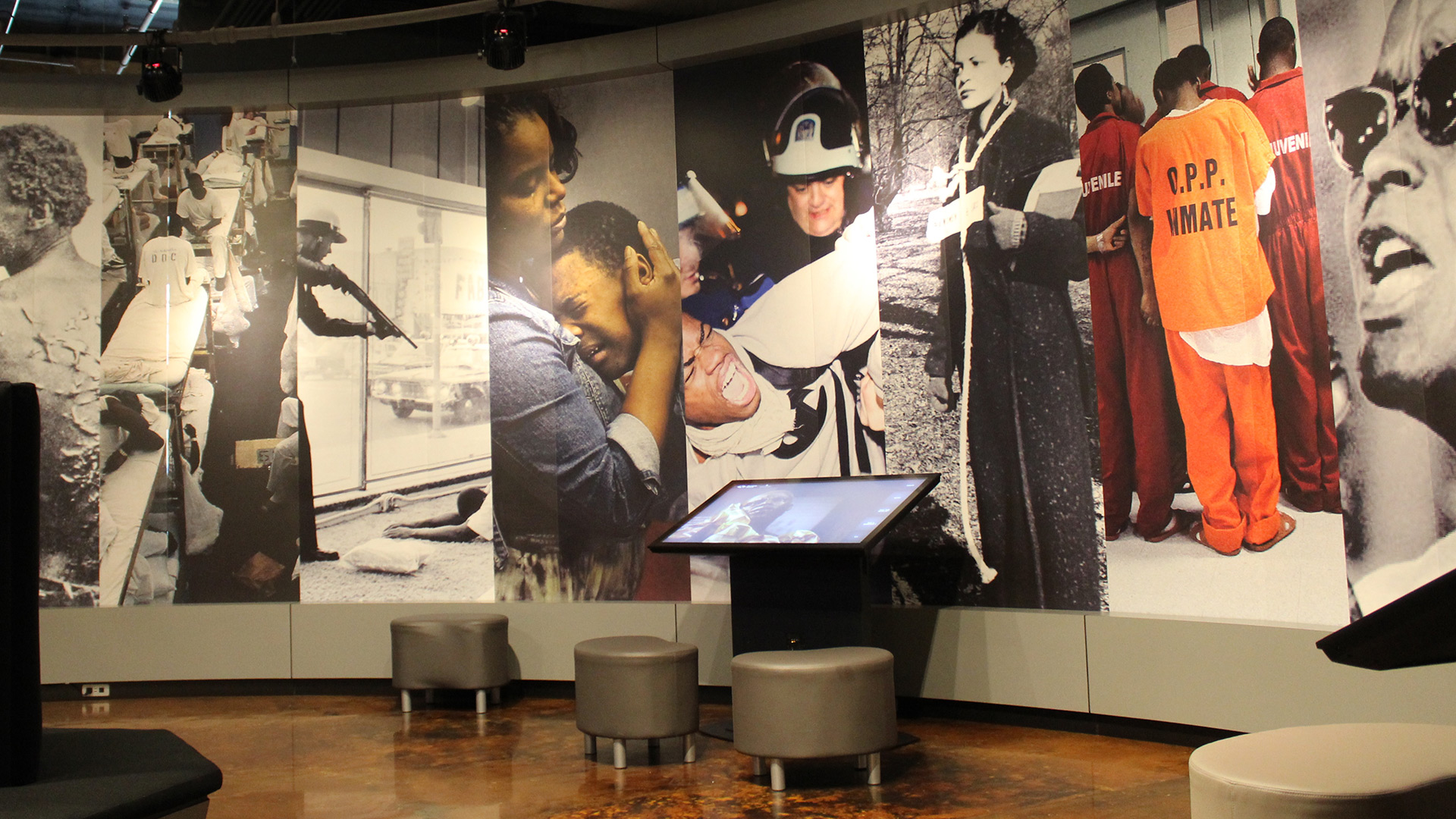The Seattle School of Theology & Psychology, The Allender Center, and The Impact Movement are convening a gathering in Montgomery, Alabama on February 6-9, inviting leaders from organizations around the country to engage the realities and impacts of racism and trauma. Together we will wrestle with the truth of our history and the hope of a present God who invites us to a new labor in how we minister to those in our care. This crucial event is grounded in a collective belief in the potency of the Gospel to grant us the courage to bear witness to our cultural history, transform our personal story, and sustain our hope in a collective deliverance.
This gathering is the product of conversations over the past two years between The Impact Movement, The Seattle School, and The Allender Center. We are forging a partnership to pool resources, experience, and expertise to address race and trauma more honestly and effectively. Collaborations of this nature—marked by rigorous dialogue, a collective commitment to the movement of God, and a shared sense of purpose—are essential to living out the Gospel in our divided era.
The trauma we seek to address is a collective trauma, one that intersects with personal trauma and compounds itself in a myriad ways in the particularities of our stories. Those served by our organizations—whether graduate students at The Seattle School, practitioners and participants at The Allender Center, or college students being discipled and ministered to by The Impact Movement—are experiencing the effects of sexual, emotional, and physical trauma. And we hold the conviction that those traumas are intricately connected to the evils of racial trauma and the enduring prevalence of racism in America.
Race, Trauma, and the Gospel will invite leaders to move beyond soundbites and familiar, formulaic solutions as they engage in in-depth discussions about the realities of racial trauma, the fragmented nature of conversations about race in America, and the particular needs of the individuals and communities served by our organizations. These conversations are grounded in and informed by our shared hope in the redemptive nature of Jesus and our belief that the insights of Scripture can offer tools to help practitioners in serving their constituencies.
Given its crucial history as a site of both trenchant racial harm and defiant movements of justice, Montgomery is a fitting location for such an urgent gathering. In addition to the planned small group discussions, problem-solving workshops, and large group reflective conversations, event participants will travel together to sites that embody Montgomery’s—and our nation’s—sobering past and potent present, including the Legacy Museum: From Enslavement to Mass Incarceration, the Rosa Parks Museum, and the National Memorial for Peace and Justice, which Equal Justice Initiative created as “the nation’s first memorial dedicated to the legacy of enslaved black people, people terrorized by lynching, African Americans humiliated by racial segregation and Jim Crow, and people of color burdened with contemporary presumptions of guilt and police violence.”
We know it is all too easy to hold interesting, even cathartic conversations, then pat each other on the back and go back home without seeing any meaningful change. Instead, this gathering is intended to be far more than a conversation. Participants will listen to each other, challenge one another, and imagine together how a broader, ongoing partnership might strengthen what each organization offers to a culture that has been fractured and fragmented by racial trauma. Because in this post-Civil Rights era when the ideals of a multicultural society are under siege, any attempt to offer integrative education, healing from trauma, or holistic discipleship must not shy away from the reality of racism and the widespread, systemic, and generational harm that it wreaks.
Our prayer for this time is that conversations will be marked by honesty, insight, and courage; that the history which shaped Montgomery will clarify our own histories and shine a light on our present; that a deep sense of partnership and shared calling will thrive between organizations; that we will grow our understanding that no one is exempt from the impacts of collective trauma, and renew our courage to invite others around our country to re-energized participation in this vital work.
Will you join us in prayer for this gathering and for the necessary movement that will emerge from it?
While this initial gathering is closed to the public, we hope the conversations that unfold in Montgomery will open the door to an expanded partnership and additional opportunities to participate in the future.
Photo Credit: Equal Justice Initiative


